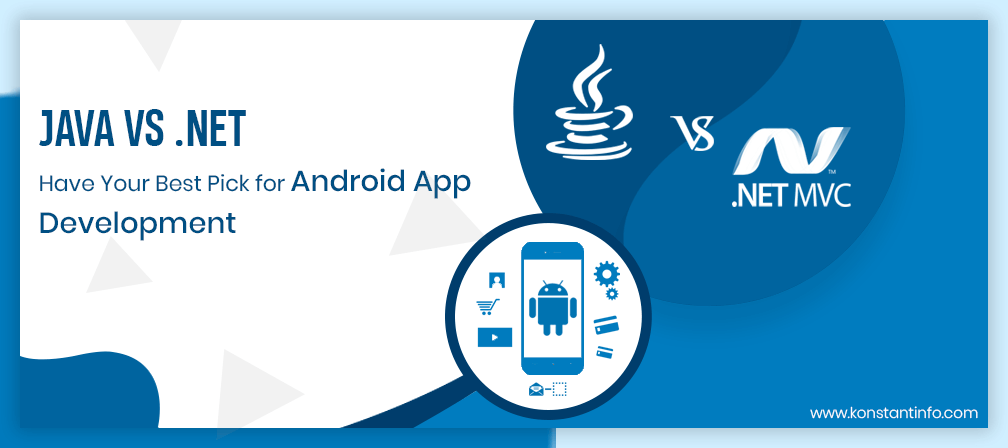
Table of Contents
JavaScript and HTML/CSS are quintessential building blocks of any project across, with nearly 68 percent of respondents stating that they used JavaScript and 63.5 percent using HTML/CSS. As JAVA rounds up into the top five most widely used programming languages around the world in 2019, it is also being encouraged by Google. In this context as we try to differentiate Java and .Net, we realize that there are some subtle differences and peculiarities and all Android developers need to get their heads around them. Some common queries that an Android Programmer might have:
For many good reasons, Android developers still swear by Java, being a long-lasting programming language that is extra durable and a tech juggernaut for being portable and capable of operating similarly on any operating system or hardware. Java has been one of the most widely used languages according to Statista:
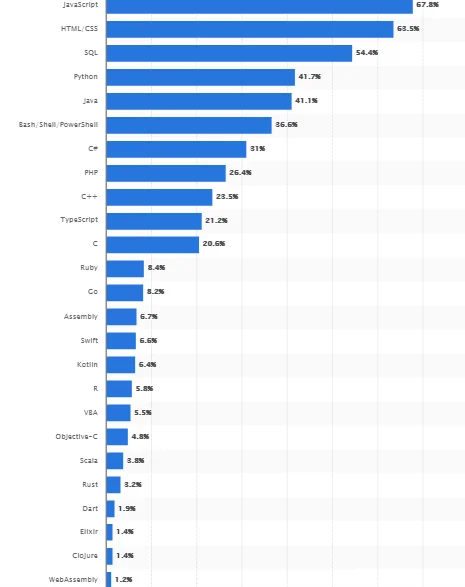
Source: www.statista.com/statistics/793628/worldwide-developer-survey-most-used-languages/
Although different from traditional Java code, Android programming is largely made up of java and its subsequent API’s that are designed to be called primarily from Java. Later stood as an official programming language for Android programming, until the emergence of Kotlin. And also although it is possible to develop C and C++ app using the Android Native Develop Kit (NDK) currently Google does not promote it. It says that the NDK will not be able to benefit most of the apps. The benefits have to be balanced against its drawbacks possibly by making use of native code on Android. This, in general, does not lead to any particular performance improvement, rather always increases your app complexity.
Also read:
Java has been succeeded by Kotlin; later has become official programming language for Android App Development. Kotlin is one such JVM compatible programming language that compiles down to Java byte-code and has caught the attention of the Android Community.
Converting Java files into Bytecode is the same as compiling an Android App. But the scenario is the other way round. As soon as the app composed of Bytecode is installed on the device. That Byte code is optimized into machine code for that Android device, which improves the app’s runtime performance. This process is better known as Ahead of Time compilation (AoT) and is made possible by the Android Runtime (ART) virtual machine.
Asp.net developers can go for Android Development via Xamarin Studio IDE (MonoDroid/MonoDevelop) from Xamarin. An Android application built with Xamarin Studio has to be executed within an instance of a Mono-based virtual computer. The Mono virtual computer, in turn, executes side-by-side with Android’s virtual computer. A bunch of classes can be used to access native Android functionalities that look like classes in the .NET Framework except that they bind to the Android API under the hood.
All this process goes through four essential steps: (1) processing resources from Android resource files into .NET-compatible resource files; (2) creation of the .NET code; (3) processing of the .NET code to create Java wrappers; and (4) final packaging of the Android executable.
This is particularly helpful in case there is a requirement of quicker startup time, holding onto Visual Studio IDE and writing the code in C#. The size of the resultant Android Application can be a bit too long creating an issue for an iOS or Windows Device owing to limited memory capabilities. But a better side to the same story is that the same code can be reused across multiple mobile platforms.
| Differences | Java | .Net |
|---|---|---|
| Definition | Java is a portable programming language that can run on any device and any operating system and also provide JVM which allows code. | .NET (pronounced dot net) is a framework or virtual machine that provides programming guidelines that can be used to develop a wide range of applications–from the web to mobile to Windows-based applications. The .NET framework can work with several programming languages such as C#, VB.NET, C++, and F#. At Konstant, we use all of these except F# yet. |
| Supporting Languages: | Java supports a variety of languages including Python, C++, Ruby, C#, PHP | Programming languages designed within .Net framework –
|
| Main Components | Main Components of Java: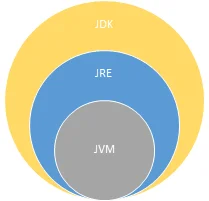 | Main Components of .Net Framework: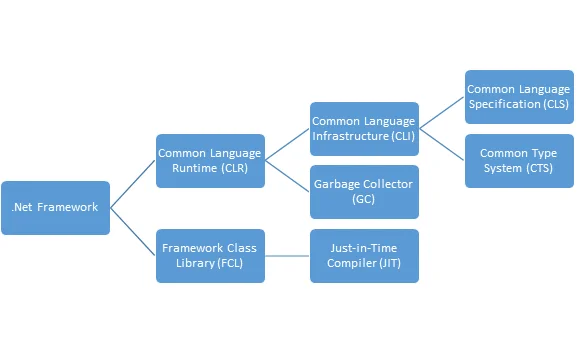 |
| Ten things to Know about Java vs .net: | Seven things to know about Java:
| Six things to know about .net framework:
|
Writing an Android App looks somewhat familiar to the Java developers, but the familiarity abruptly ends when it is compiled and executed. How the Android framework handles its apps during the compilation process is completely new.
Various programming languages can be used for mobile app development based on the information provided and the requirement of the business, their budget, available skillset, and time constraints. Each programming language comes with a set of benefits and drawbacks. Thus, the choice is individualized.
At Konstant, we focus on encouraging the strong habits of successful professional developers. In addition to incorporating industry tools and practices like version control and test-driven development, we put special emphasis on building applications with clean code; we consider that a programming language should never be learned or used in a bubble! Have any queries or planning to develop a web or mobile application, we are Asp.Net Development Company that’ll work with you to deliver a revolutionary digital product. Contact us to learn more!

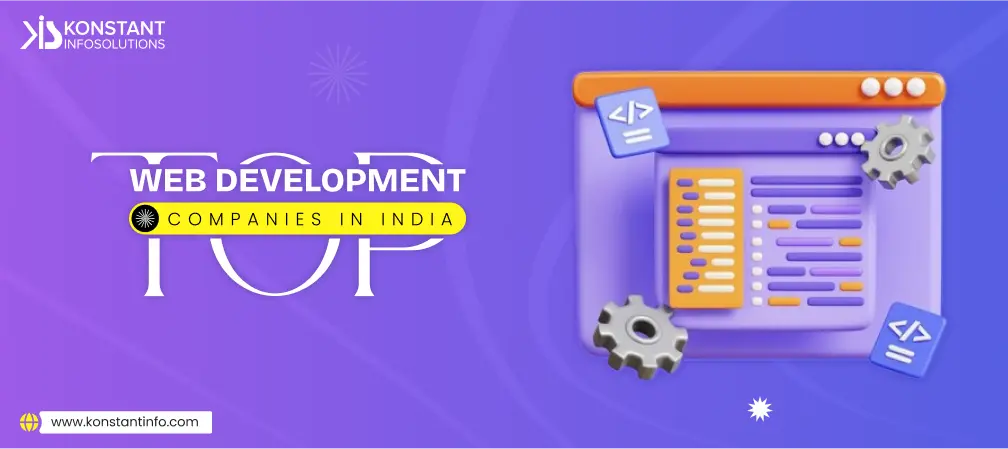
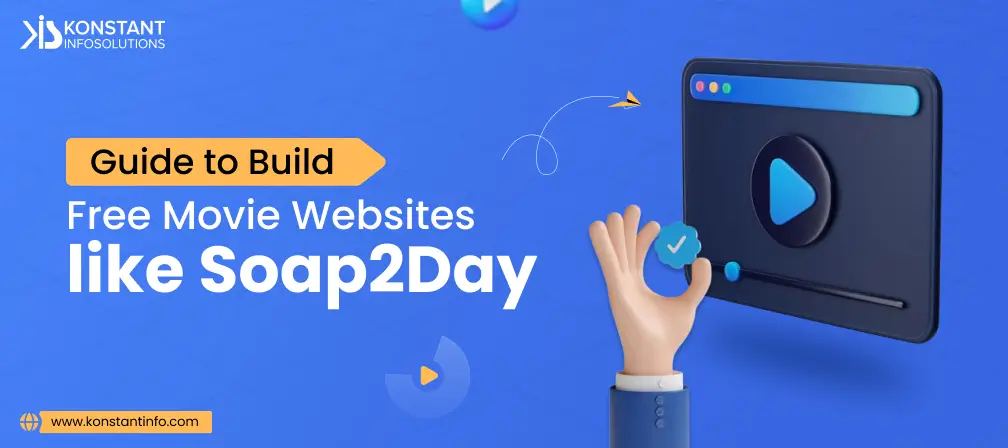
Neeti Kotia is a technology journalist who seeks to analyze the advancements and developments in technology that affect our everyday lives. Her articles primarily focus upon the business, social, cultural, and entertainment side of the technology sector.
Or send us an email at: [email protected]